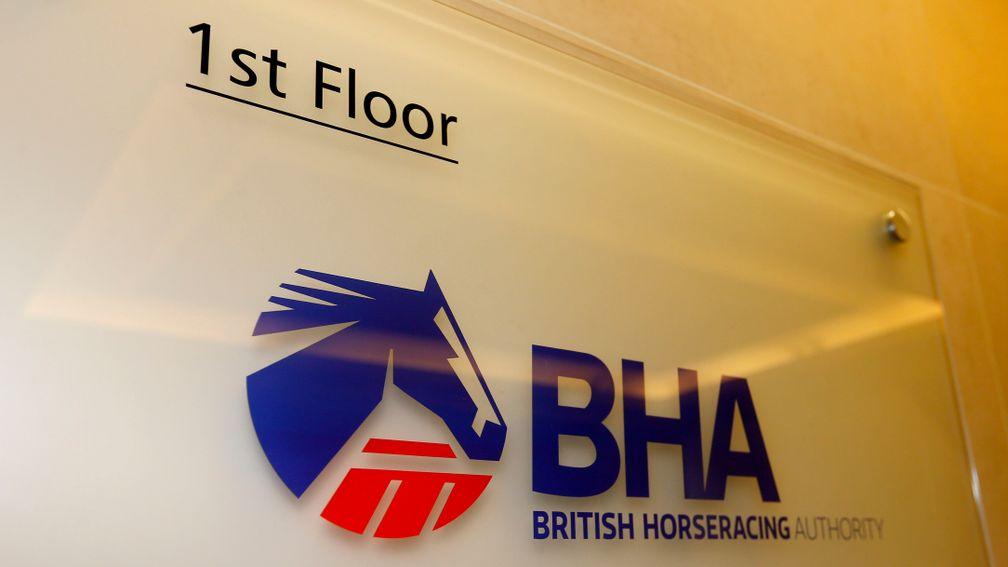Embracing British and Irish interference rules yields positive results for Japan

Racing officials in France and Germany, where interference-in-running rules were changed in March to bring them into line with Britain and Ireland, have taken heart from updated statistics from Japan showing a sharp reduction in inquiries and demotions.
In 2013, the Japan Racing Association switched to the model used in most of Europe, as well as Asia, Australia, the Middle East and South Africa, whereby a horse causing interference that does not improve his placing as a result is not automatically placed behind the sufferer.
The impact has been dramatic, according to details given to an international stewards’ meeting held in conjunction with the Asian Racing Conference in Seoul, which showed that the number of raceday inquiries in Japan has fallen from 580 in 2008 to just nine last year. In addition, the average time for the official finishing order to be declared has been reduced.
Fears, expressed in France in particular, that the rule change would result in a win-at-all-costs attitude being adopted by jockeys have not been translated into fact in Japan, where no horse has been disqualified since 2013 and the number of demotions has decreased from 36 in 2008 to an average of two over the last five years.
JRA representative Atsushi Kikuta told the conference: “The decrease in the number of demotions indicates that the performance of the horse in a race is respected.
“Also, after tightening the stewarding, the number of suspensions of jockeys has not generally increased, which indicates that the fairness of the race has been maintained. Races have become safer and cleaner than ever.”
The mood for change began to shift after the 2010 Japan Cup, in which star mare Buena Vista was demoted in favour of Rose Kingdom despite being the winner in merit. But, Kikuta said: “It took a long time to persuade our stewards, who were very stubborn and conservative.”
Hong Kong Jockey Club chief stipendiary steward Kim Kelly, who steered the JRA switch as chairman of the International Federation of Horseracing Authorities’ harmonisation of raceday rules committee, said: “The results of the new rule in Japan are staggering, and demonstrate what can be achieved when there is a willingness among the majority of participants to change. I believe the same will happen in France and Germany.”
BHA group to make case for diversity

The BHA's 16-strong diversity in racing steering group, which was launched in September last year, is about to publish its first action plan aimed at making the moral and commercial case for diversity and inclusion.
The document has yet to be signed off, but on Tuesday Susannah Gill, a member of the group representing Women in Racing, revealed a number of the principles it is expected to follow, split into eight key sections to encompass the whole sport.
Addressing delegates at the Asian Racing Conference in Seoul during a session on expanding racing’s fan base, she said: “It will look at leadership and governance in the sport, what data we should be collecting and how we can use role models to help people take up careers in the sport.
“We also want to better recognise our work force and make sure we don’t put up barriers to anyone. For example, at the annual Godolphin Stud and Stable Awards the winners are normally around 85 to 90 per cent white, which is not reflective of all stable staff, so we want to make sure we celebrate people across the sport, regardless of what they look like and based on what they achieve.”
Other areas to be covered include supporting and promoting opportunities for female jockeys and promoting wider racehorse ownership.
Gill, who left her role as Arc’s director of external affairs last week, added: “We also want to bring people into a more dynamic experience of racecourses and enjoying racing, making sure that the horse and the sport are essential to the racing experience, because at the end of the day that is our product.”
The steering group was set up as a direct result of one of the recommendations of a study by Oxford Brookes university, commissioned by Women in Racing and paid for by the Racing Foundation, which was launched a year ago at York. However, its reach is not confined to women.
Gill pointed out: “We want a central vision that everyone in racing feels welcome, and wants to come racing or build a career in the sport, so that it’s inclusive for all.”
Members can read the latest exclusive interviews, news analysis and comment available from 6pm daily on racingpost.com
Published on 16 May 2018inNews
Last updated 19:04, 15 May 2018
- The latest edition of the Racing Post is available to read online now - here's how you can access it
- How Smart View recorded a 76 per cent profit at the Cheltenham Festival
- Smart View is available on the Racing Post app - how to read the revolutionary new racecard
- Levy reform talks 'accelerating' as clock ticks down to April deadline for agreement
- Kieran Shoemark lands another plum Meydan ride for Gosden stable on Trawlerman in Saturday's Dubai Gold Cup
- The latest edition of the Racing Post is available to read online now - here's how you can access it
- How Smart View recorded a 76 per cent profit at the Cheltenham Festival
- Smart View is available on the Racing Post app - how to read the revolutionary new racecard
- Levy reform talks 'accelerating' as clock ticks down to April deadline for agreement
- Kieran Shoemark lands another plum Meydan ride for Gosden stable on Trawlerman in Saturday's Dubai Gold Cup